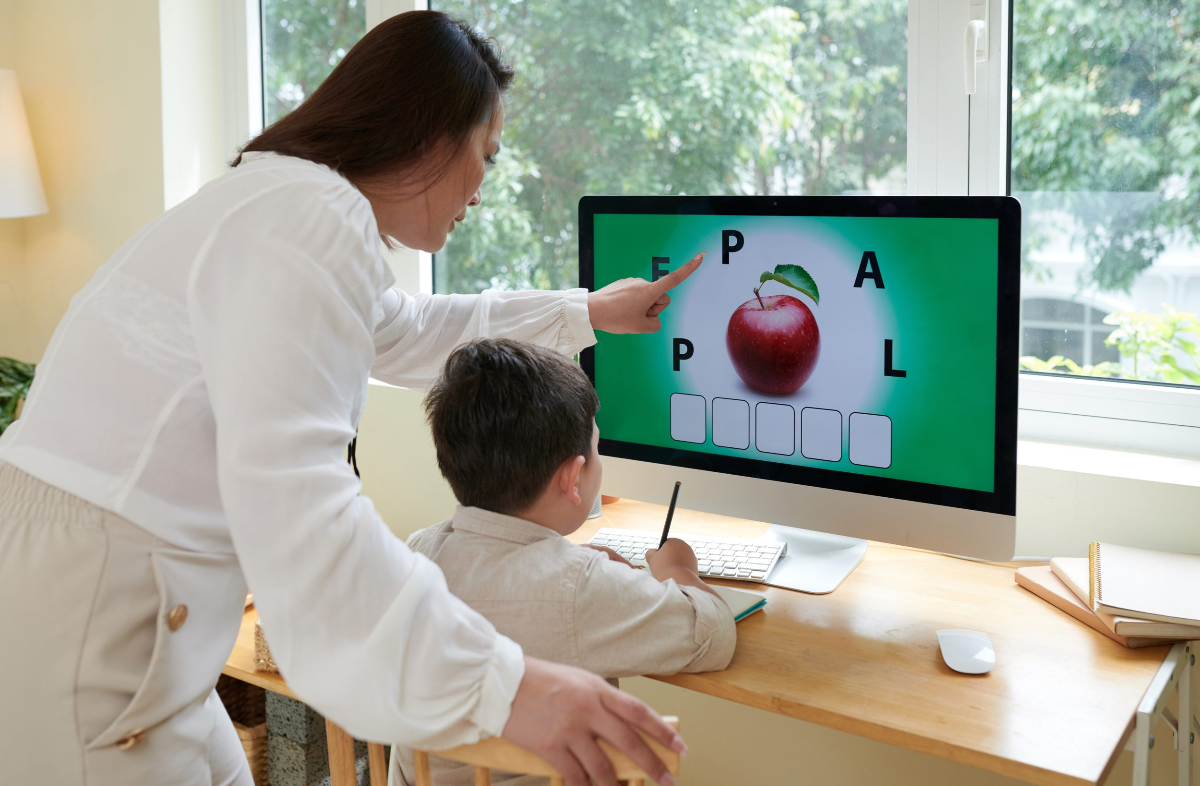Having an open and positive relationship with your child’s teachers and school administrators can help ensure your child’s success in school. If you have tried these and hit a wall with the school, then it is time to contact and hire Ballou Education as your special education advocate. Here are 10 tips for working effectively with your child’s teachers and school administrators:
Get to know the teacher
The best way to know the teacher is by attending parent-teacher conferences, or scheduling a meeting with the teacher. This will help you get a better understanding of how your child is doing in school, what the teacher’s expectations are, and what you can do to help your child succeed.
Communicate regularly
Communicate with the teacher on a regular basis. Whether it’s through email, a phone call, or a quick note, staying in touch with the teacher will help you stay up-to-date on your child’s progress and ensure that any concerns are addressed promptly. Let them know your expectations and what you hope your child will gain from their education.
The relationship between parents and their child's teachers and school administrators is important. Introduce yourself and take the time to learn their names and what they do at the school.
Develop a positive relationship with your child's teachers and school administrators. It is important to keep an open line of communication with them.
Get involved in the classroom
Be involved in your child's education. Attend school events, help with homework, and stay up-to-date on what is going on in the classroom. Volunteer to help out with classroom activities or events. This will help you build a stronger relationship with the teacher and gain a better understanding of what is happening in the classroom on a daily basis.
Monitor your child's progress. Stay up-to-date on your child's grades and assignments. This will help you identify any areas where your child may need additional help.
Be an advocate for your child
As parents, we want what is best for our children. This means that we need to be their advocates, especially when it comes to their education. We need to be their voices when they can't speak for themselves and fight for their rights when necessary.
See our other article about how to be an effective special education advocate for your child.
Be respectful
Get to know your child's teachers and administrators. Spend some time to introduce yourself and get to know them on a personal level. This will help you build rapport and trust. Don’t complain to the teachers about other parents and/or the school administration. Instead, work to be positive and supportive.
Be positive about your child’s progress
Instead of comparisons with other children, focus on supporting your child to enjoy learning and achieve their goals. If you focus on a positive mentality towards education, your child will follow your lead.
Be prepared
When you meet with your child’s teachers and school administrators, it is important to be prepared.
Make a list of the topics you want to discuss. This will help you stay focused and ensure that all of your questions are answered.
Do your homework. Before the meeting, take some time to research the topics you want to discuss. This will help you better understand the issues at hand and be better prepared to ask questions.
It is important to remember that everyone’s time is valuable. Be respectful of the teachers’ and administrators’ time by being on time to appointments and not cancelling at the last minute.
Be open-minded
Keep an open mind and be willing to listen to feedback. It is important to be receptive to suggestions on how you can help your child succeed in school. Remember that you and the school are working together for your child. Try to see things from their perspective and work together to find solutions.
Be flexible
As a parent, you play an important role in your child's education. You can support your child's learning by working effectively with their teachers and school administrators. Perhaps you would like the school to follow a certain curriculum timetable, but the school has other priorities at the moment. Try to be flexible and lend a hand where you can. Working with the teachers and school administrators are the best way to ensure your child receives the support they need.
There is a time to be flexible and a time when lines need to be drawn. If you feel like you have reached that line and can no longer be flexible, give us a call!
Be supportive of the teachers and administrators
Show the teachers and administrators that you value their hard work and dedication by treating them with respect and kindness. Thank them for their efforts on behalf of your child. Respect and kindness need to go both ways. You and your child should be treated with the same respect you treat them.
The tips mentioned here are helpful to build relationships with the teachers and school administrators. However, when you have tried these and you feel the school is not listening to your concerns or effectively addressing your child’s needs, you should contact Ballou Education at 602-614-9002.
I hope you found these 10 tips for working effectively with your child's teachers and school administrators to be helpful. It is important to remember that communication is key. By following these tips, you can ensure that you are doing everything possible to help your child succeed in school.
Takeaway: These 10 tips will help you build a strong, positive relationship with your child’s teachers and administrators.

